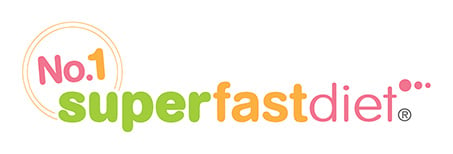Often protein is automatically linked to consuming lean meat or expensive protein powders. But in reality, the list of plant-based protein sources is extremely extensive and absolutely delicious. So whether you consume a plant-based diet or simply are in need of some plant-based protein in your life, check out the list below!
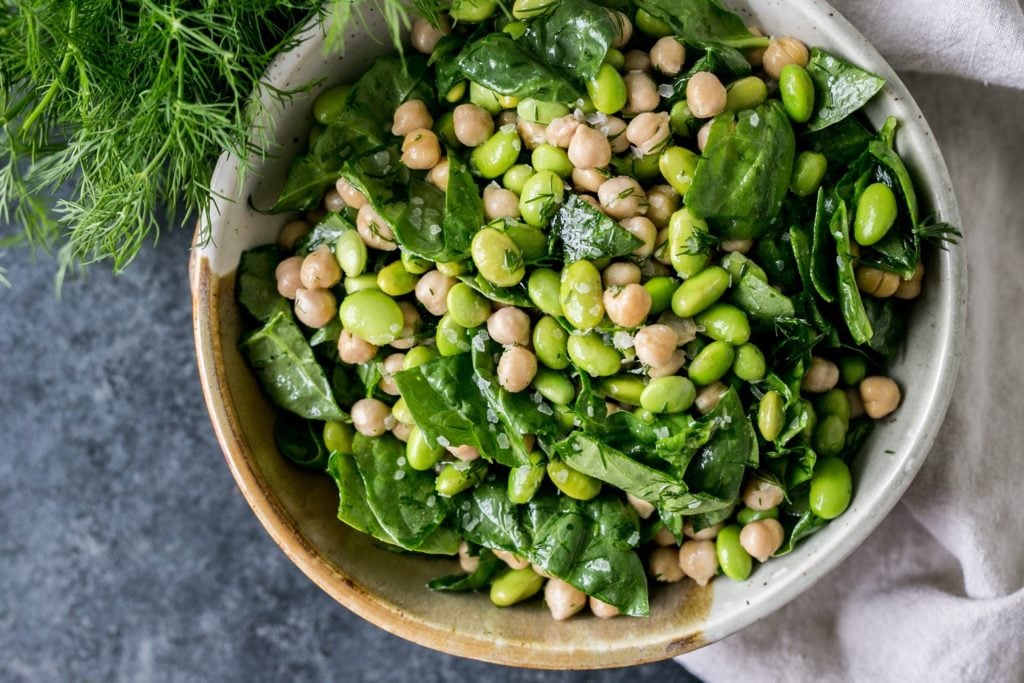
Protein is often the talk of the town when it comes to health, weight loss, and forming lean muscle – for great reason! Protein is an essential component of a healthy diet, being made up of essential chemical building blocks called ‘amino acids’. Our bodies use these amino acids to build and repair muscles, bones, and assists in the creation of hormones and enzymes. On top of this, protein can be used as an energy source, a fat-burner, and an appetite suppressor. What can’t it do? We absolutely love incorporating these plant-based protein sources in all sorts of delicious meals. Which are your favourites?
Vegan
Tofu
Tofu is an extremely common vegan substitute for meats in many meals such as stir-fries, salads, and curries. Tofu is made from condensed soy milk that is compressed into small white blocks, in a process that isn’t dissimilar to cheese making. About 8% of tofu is made up of protein, making it an excellent source for non-meat eaters! Marinating tofu in delicious sauces and spices is often the best way to add tofu into many delicious meals. Tofu is very nutrient-dense, being low in calories, with 100 grams coming in at only about 75 calories.
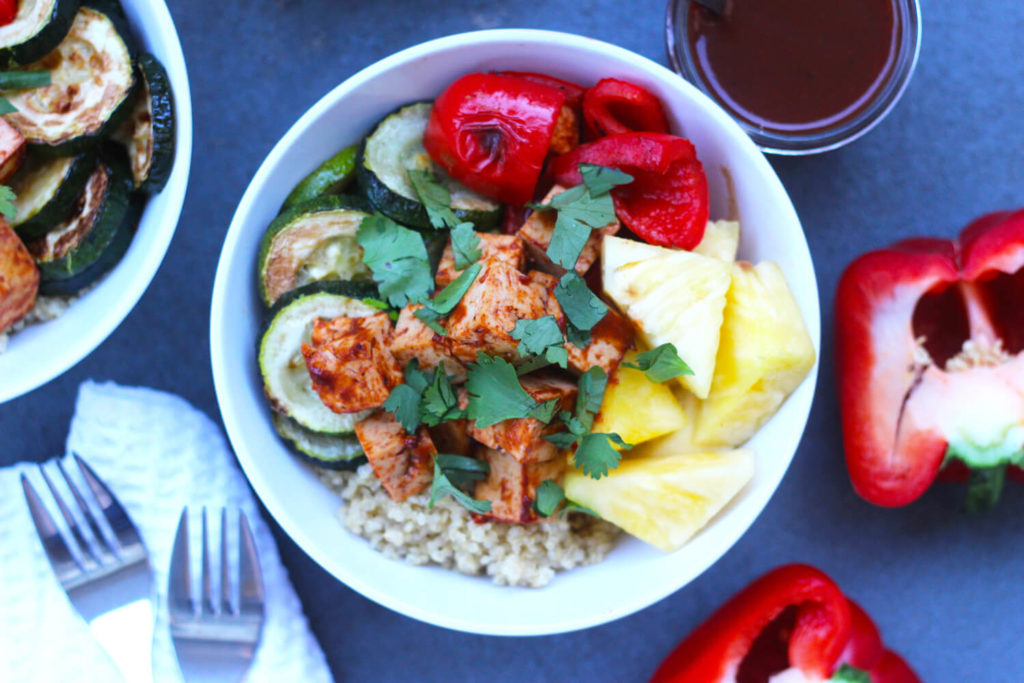
Chickpeas
Chickpeas are part of the bean family, and are so incredibly versatile in terms of how they can be enjoyed! Whether it be raw in a salad, roasted in the air fryer, or mixed into a stir fry, they are such a great go-to! And apart from being deliciously crunchy, full of fibre and plenty of essential vitamins, a cup of chickpeas provides almost one-third of an adult’s daily protein needs. They are incredible for your digestive needs, bone health, and heart health. Roast some up today!
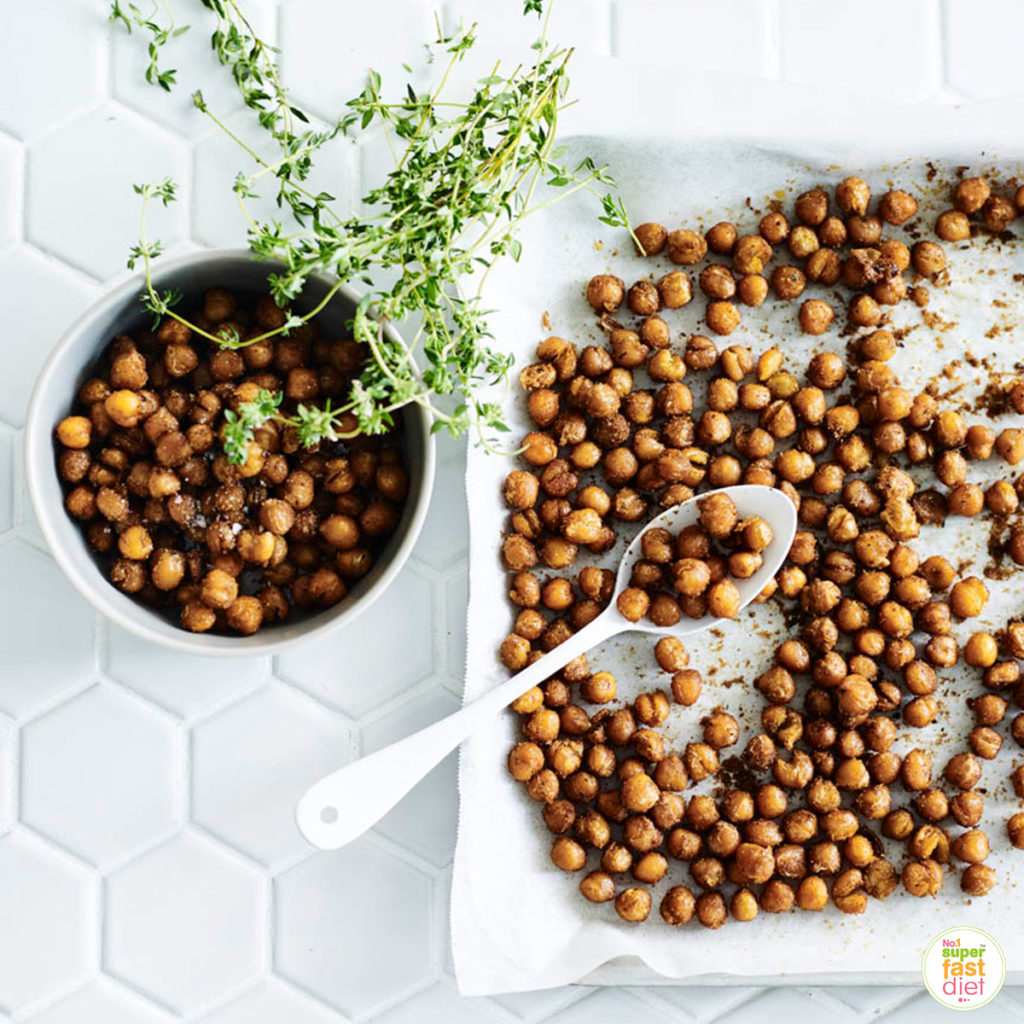
Quinoa
Quinoa is not only plant-based, but it is also gluten-free, making it a grain source that is suitable for almost everyone! It also is a food that is known as a ‘complete’ protein source, with all nine essential amino acids being present! In just 1 cup of cooked quinoa, you will find 8g of protein, making it much higher than other filler wholegrain substitutes such as rice or couscous.
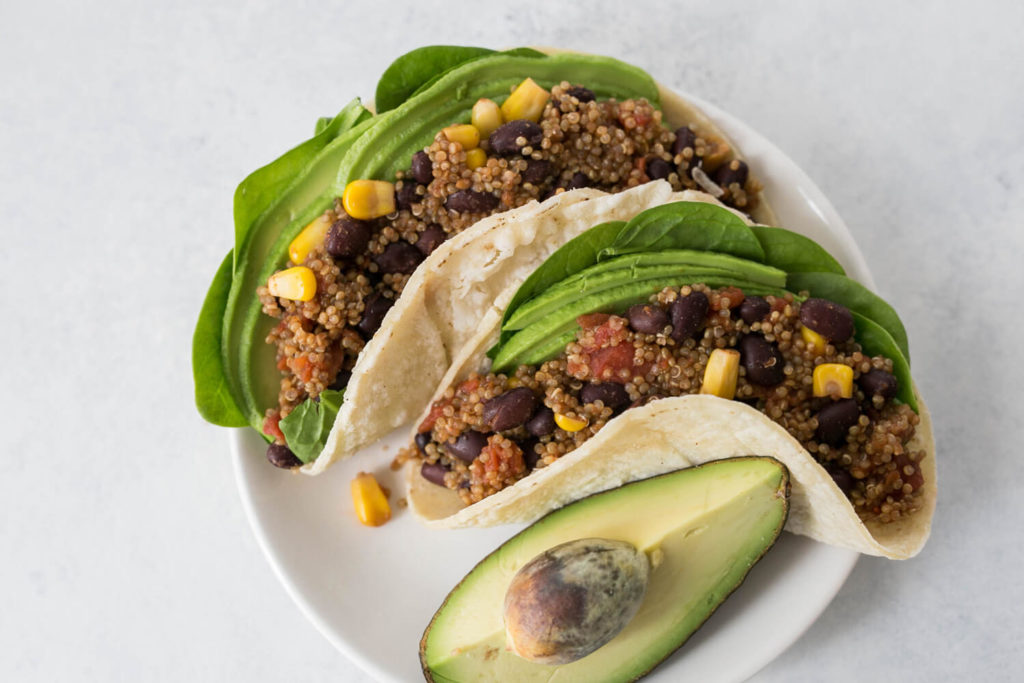
Beans
Beans, similarly to lentils, come in a whole variety of types. With over 400 edible beans available for human consumption, some of the most popular include edamame, kidney beans, black beans, cannellini beans, butter beans, and red beans. In fact, lentils and chickpeas fall into the beans and legumes family too! Beans are extremely common in Mexican meals, stews, soups, and plenty more similar meals. For an idea of the high levels of protein in beans, there is 24g of protein in 100 grams of raw kidney beans and 18g in 100 grams of edamame.
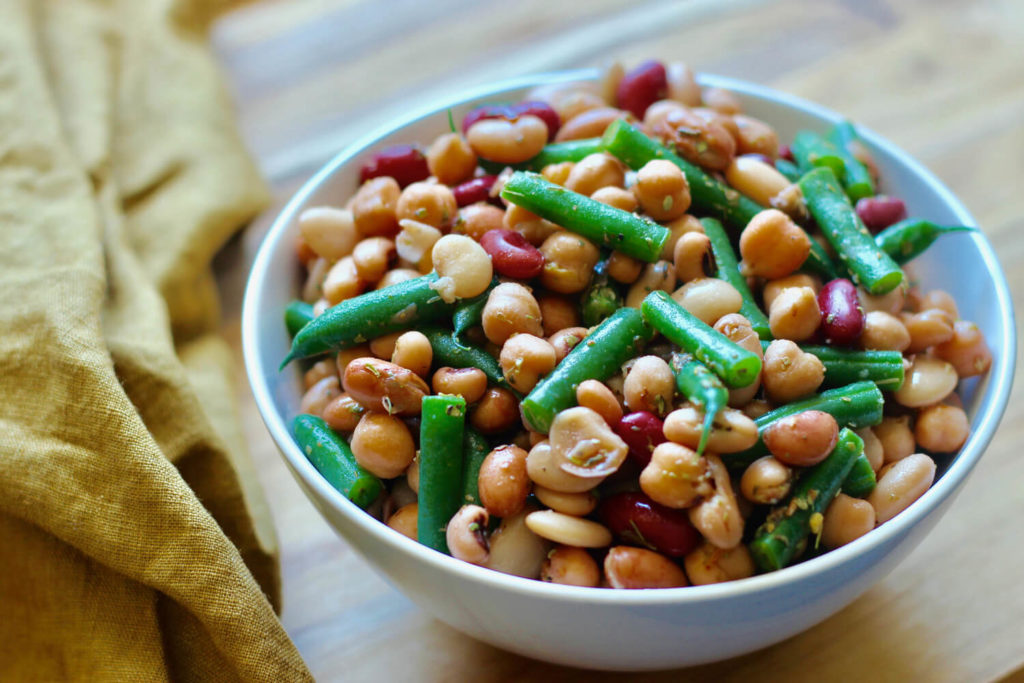
Lentils
Lentils come in a whole range of different types, all named predominantly after the colour they hold. Each type is great for different meal types. The most common type is the brown lentil, that when added to meals such as stews, keeps its shape extremely well, and has a delicious earthy flavour. Lentils contain one of the highest levels of protein of any legume or seed, containing about 18g per 1 cup of lentils. They are an inexpensive addition to one’s diet to provide a whole heap of protein, as well as plenty of magnesium, B vitamins, and zinc.
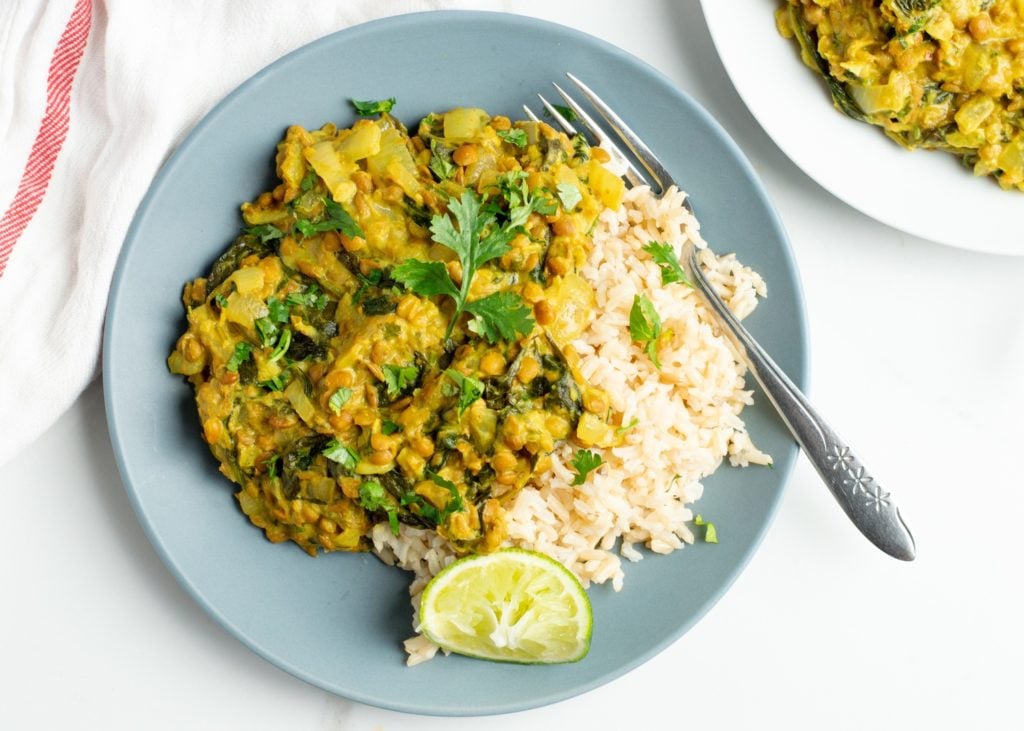
Vegetarian
Greek Yoghurt
Greek yoghurt is an absolute go-to food to pop with your favourite granola and berries for breakfast. But, it also makes for a delicious and lower calorie alternative to a number of dairy additions such as sour cream, and of course is the main ingredient for the delicious dip, Tzatziki! Greek yoghurt, contains nearly triple the amount of protein as regular yoghurt, due to the particular straining process it goes through. This also is the cause for Greek yoghurt’s thicker consistency and sour taste.
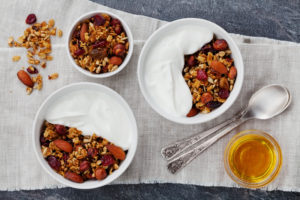
Eggs
Eggs are a super simple, versatile, and delicious option to add to a multitude of yummy meals. Whether you are having a poached egg on top of your avo smash or popping a boiled egg on top of your salad at lunch, you are consuming about 6g of protein in a large egg! A serving of eggs (2 eggs) makes up 12g of protein, being approximately 27% of a woman’s recommended dietary intake. The dense nutrition of eggs is extremely extensive, with a plethora of essential vitamins and minerals being found in them!
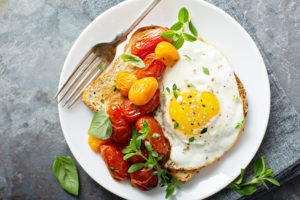
Cottage Cheese
Cottage cheese is an awesome option when aiming for a lower calories cheese option. On top of this, the nutritional density is extremely high. One cup of low-fat cottage cheese contains approximately 28g of protein, as well as high levels of calcium, vitamin B12, and B6. What a superfood! Cottage cheese can be enjoyed by itself, as a spread or as an ingredient in a number of delicious recipes.
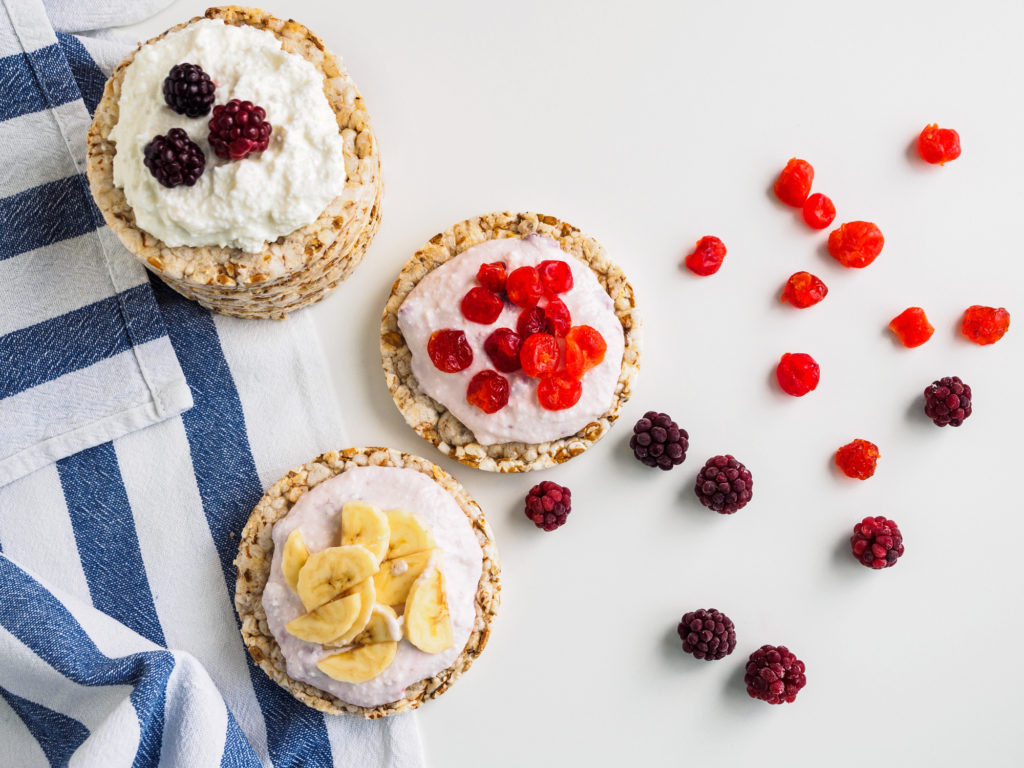
Almost all of these gorgeous recipes shown above are part of our members’ recipe library! Want to have access to hundreds more, weekly meal plans and expert coaching videos and so much more! Simply join us today by clicking here.
Our biggest goal here at SuperFastDiet is to spread the word on how to best find both physical and mental health and wellbeing in a simple and effective way through our three pillars, SuperFood, SuperFast and SuperLife. Could you do us a huge favour and share the blog above with 3 people you think might benefit! It really would mean so much. Thank you! x
